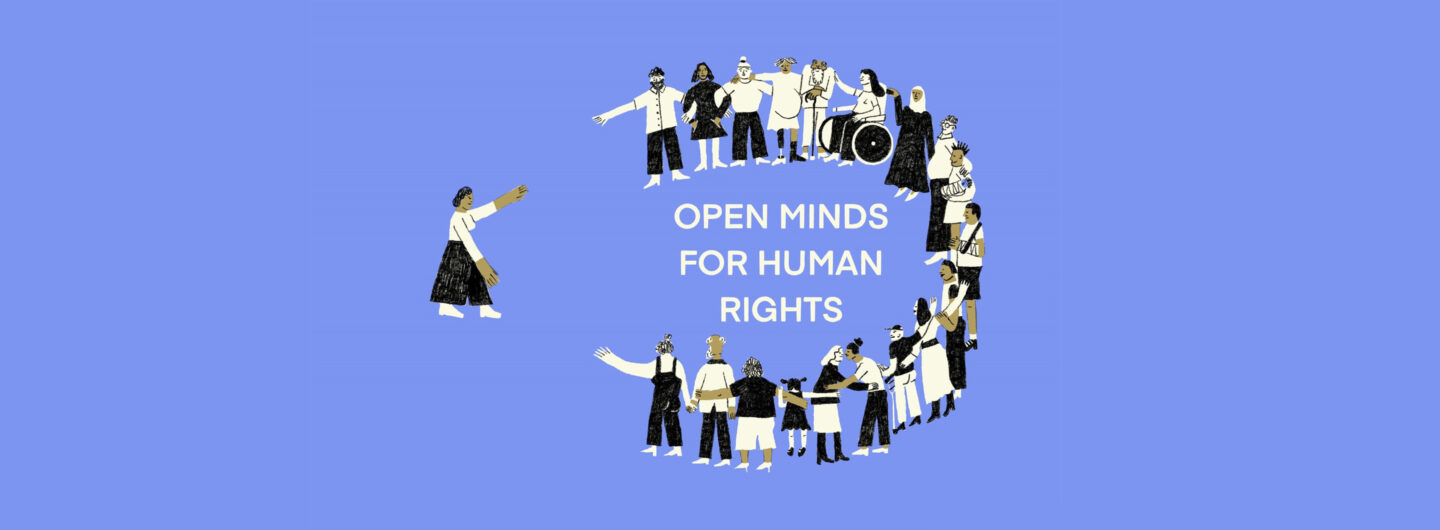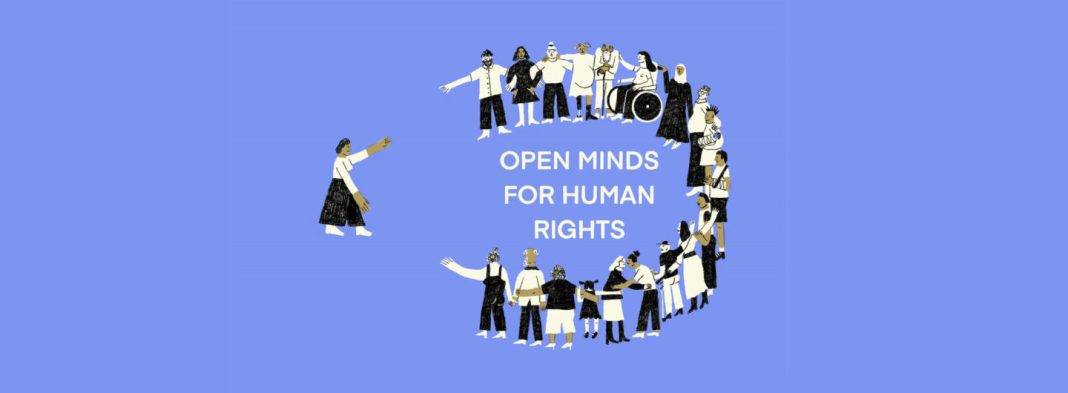 TikTok’s Manipulation of Content to Shape Views on China’s Human Rights Abuses
TikTok’s Manipulation of Content to Shape Views on China’s Human Rights Abuses
Introduction:
TikTok, the China-owned video-sharing app, has come under scrutiny for its alleged manipulation of content to suppress criticism of the Chinese Communist Party (CCP) and promote pro-China propaganda. Researchers from Rutgers University and the school’s Network Contagion Research Institute (NCRI) have found that TikTok’s algorithms actively suppress content critical of the CCP while boosting pro-China propaganda and irrelevant content. This manipulation of information has raised concerns about the app’s influence on its users, especially heavy users who showed a significant increase in positivity towards China and a distorted understanding of critical global issues.
TikTok’s Manipulation Tactics:
The study conducted by Rutgers University and the NCRI revealed that TikTok uses various strategies to shape users’ views. It employs travel influencers, frontier lifestyle accounts, and CCP-linked content creators to drown out sensitive discussions about issues like ethnic genocide and human rights abuses. By inundating users with distracting and irrelevant content, TikTok effectively suppresses critical narratives and promotes a biased understanding of global issues.
National Security Concerns:
The concerns surrounding TikTok extend beyond its manipulation of content. The app’s China-based parent company, ByteDance, has faced accusations of being a threat to national security. The U.S. National Security Agency has referred to TikTok as the CCP’s “trojan horse” due to the potential for the CCP to access data on U.S. users. In response to these concerns, President Joe Biden signed a bill into law requiring ByteDance to sell TikTok or face a ban from U.S. mobile app stores and web-hosting services.
Successful Indoctrination of TikTok Users:
The Rutgers University study also found that TikTok had achieved “successful indoctrination” of its users, particularly heavy users. These users, through targeted information environments, absorb biased narratives unknowingly, leading to a distorted understanding of critical global issues. The study’s psychological survey revealed that heavy TikTok users showed a significant increase in positivity towards the CCP’s human rights records relative to non-users. This suggests that TikTok’s content contributes to psychological manipulation and aligns with the CCP’s objective of shaping favorable perceptions among young audiences.
TikTok’s Algorithmic Bias:
The study compared TikTok’s algorithmic bias with that of YouTube and Instagram. It found that TikTok uniquely favors pro-China content, regardless of overall engagement levels. This bias was significantly more pronounced on TikTok than YouTube, indicating a TikTok-specific preference for pro-China content. The algorithm’s preference for pro-China content raises concerns about the platform’s role in shaping users’ perceptions of China and its human rights abuses.
Survey Results:
In addition to analyzing TikTok’s manipulation tactics, the researchers surveyed American TikTok users to understand their perception of China based on their app usage. The survey revealed that heavy TikTok users, those spending more than three hours a day on the app, showed a 49 percent increase in positivity towards the CCP’s human rights records. Even users spending 15 minutes to three hours on the app showed a 36 percent increase. In contrast, YouTube and Instagram usage did not show a significant relationship with users’ perception of China’s human rights record.
Recommendations for Accountability:
To address the issue of manipulation on social media platforms, the researchers recommended the establishment of a Civic Trust funded by social media platforms and the public. This trust would help identify platforms that manipulate user perceptions and ensure accountability. The report emphasizes the need for corrective measures to prevent state actors from exploiting platforms and eroding democratic institutions and values.
Conclusion:
The study conducted by Rutgers University and the NCRI sheds light on TikTok’s manipulation of content to shape views on China’s human rights abuses. The app’s algorithms actively suppress critical content while promoting pro-China propaganda and irrelevant distractions. This manipulation has led to a distorted understanding of global issues among TikTok users, particularly heavy users, who have shown a significant increase in positivity towards the CCP’s human rights records. The report highlights the need for accountability and corrective measures to prevent social media platforms from being exploited and undermining democratic institutions and values.


